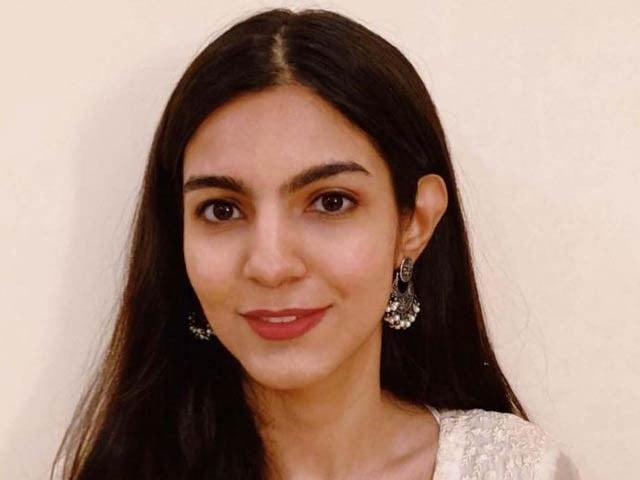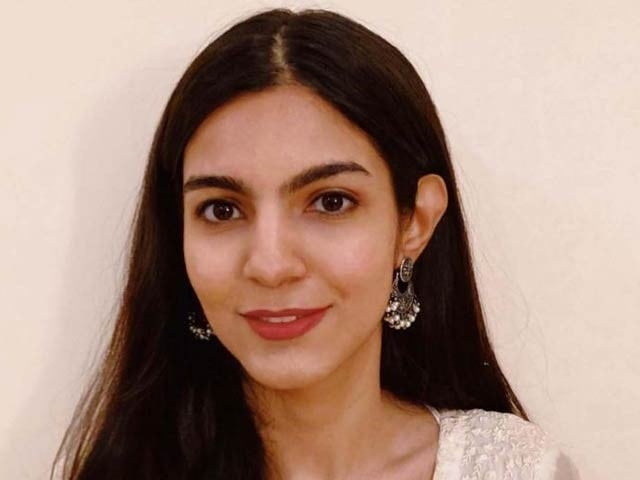
Nimra Khalid, from Karachi, has been awarded the Visionary Award by the Guggenheim Foundation, New York, in recognition of her work on urban planning and the impact of climate change. Photo: File
Karachi: Pakistan’s urban designer and climate change expert Nimra Khalid has won the ‘Inspiring Award’ under the Guggenheim Foundation Museum in the US.
An urban mapping and planning expert from Karachi has collected historical evidence on the development and expansion of the city. In this context, he has presented the relationship between ‘heat waves’ and pollution in the city.
Since the Second World War, the area of Karachi has increased 30 times and the city has become bigger than many countries with its rampant expansion. Rainwater now floods the city and heat waves attack as sea breezes stop. In this context, more than 1200 people died in the heat wave of 2015.
25-year-old Nimra Khalid founded a startup called Karachi Cartography two years ago to create a climate map of the city. In recognition of this important work, he has been named among the Guggenheim Museum’s 2023 Three Teen Climate Visionaries in New York.
According to Nimra, they are exploring how life in Karachi is paralyzed for days by a slight heat wave and a little rain. In this spirit, he started work on socio-climatic evolutionary mapping and planning of Karachi.
Meanwhile, he also collected ancient and modern maps of Karachi and used social media, especially Instagram, to help him. In this way, she managed to acquire 200 maps from 1700 till now.
His team now consists of 13 members who are contributing to climate change and mitigation planning in Karachi.
(function(d, s, id){
var js, fjs = d.getElementsByTagName(s)[0];
if (d.getElementById(id)) {return;}
js = d.createElement(s); js.id = id;
js.src = “//connect.facebook.net/en_US/sdk.js#xfbml=1&version=v2.3&appId=770767426360150”;
fjs.parentNode.insertBefore(js, fjs);
}(document, ‘script’, ‘facebook-jssdk’));
(function(d, s, id) {
var js, fjs = d.getElementsByTagName(s)[0];
if (d.getElementById(id)) return;
js = d.createElement(s); js.id = id;
js.src = “//connect.facebook.net/en_GB/sdk.js#xfbml=1&version=v2.7”;
fjs.parentNode.insertBefore(js, fjs);
}(document, ‘script’, ‘facebook-jssdk’));



